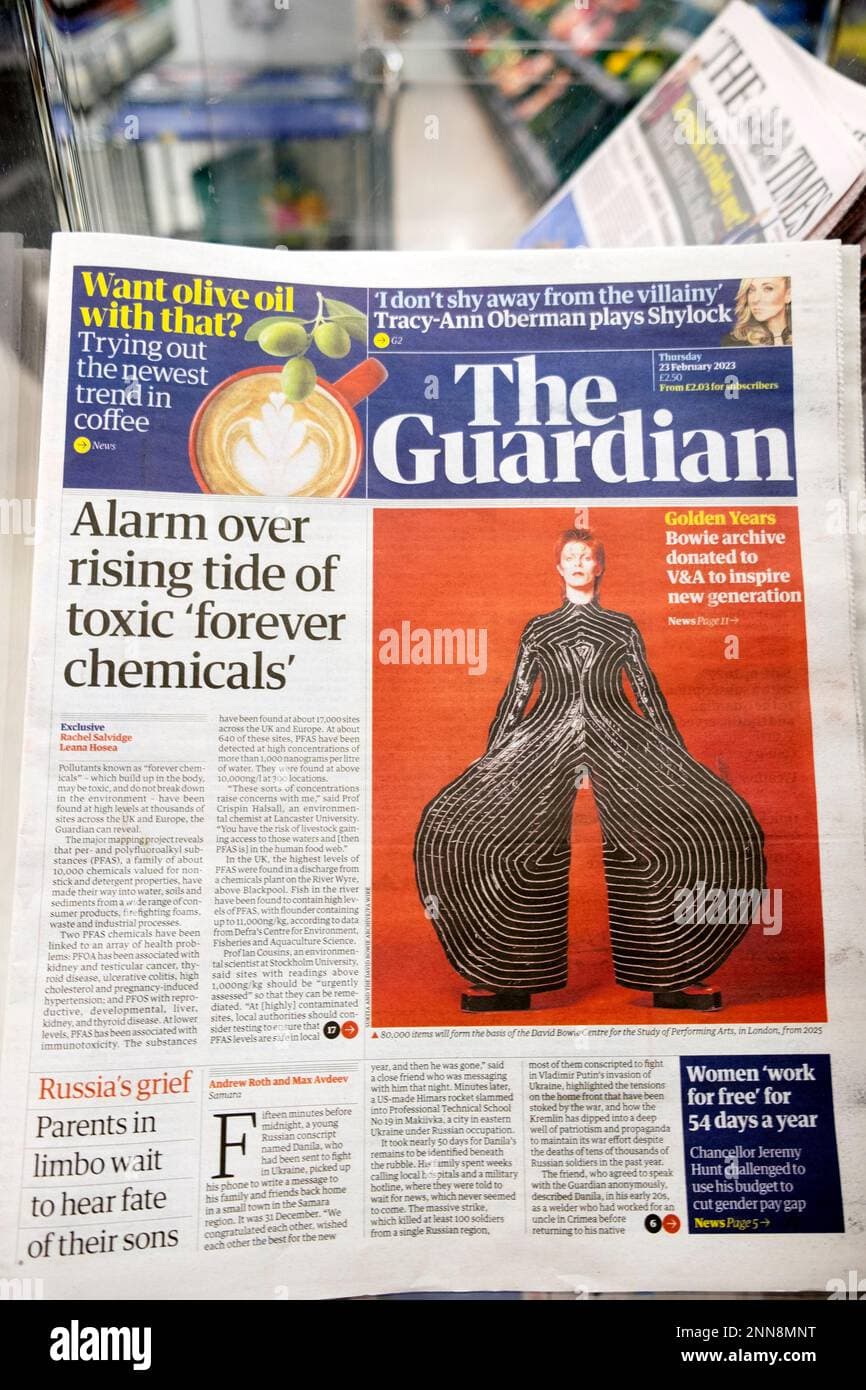Chemical Firms Warn Rising Taxes and Costs Threaten Industry
Nigeria’s chemical and non metallic products sector says a cluster of new charges, higher import costs and punitive borrowing rates are squeezing manufacturers and risking jobs. With a proposed 5 percent fuel surcharge set for January 2026 and local borrowing costs running as high as 35 percent, industry leaders say urgent policy fixes are needed to protect competitiveness.

Members of Nigeria’s chemical and non metallic products sector issued a stark warning on Wednesday that a combination of rising taxes, escalating import costs and high interest rates is undermining industrial output and employment. Speaking under the aegis of the Chemical and Non Metallic Products Senior Staff Association of Nigeria, sector representatives singled out multiple levies and the proposed 5 percent fuel surcharge, due to take effect in January 2026, as immediate pressures on margins and production decisions.
The association described the high cost of imported raw materials as a growing constraint, made worse by limited access to affordable finance and an unstable energy supply. Industry representatives urged the government to overhaul energy pricing and supply arrangements to reduce production disruptions and bring down operating costs. They argued that without those changes, manufacturers would face an uphill struggle to sustain output and preserve jobs.
A central point of industry testimony was the gulf between domestic and international borrowing costs, which the sector said erodes competitiveness. “A manufacturer borrowing at 35 per cent cannot compete with a counterpart abroad borrowing at five per cent. High interest rates increase input costs, slow production, and force companies to either cut jobs or close down,” David said, linking credit costs directly to employment and capacity utilisation. He also warned of broader stagnation if fiscal and monetary policies do not adapt, stating “High interest rates and weak manufacturing equal economic stagnation.”
The planned fuel surcharge is designed by the government to shore up revenues and ease energy sector funding gaps, but producers contend it will pass through to higher production costs and consumer prices. For manufacturers that rely on both imported feedstocks and diesel for backup power, a surcharge layered on existing duties and charges risks an outsized hit to margins. The sector called for a careful implementation that accounts for industrial sensitivity and for compensatory measures to shield local production.
Market implications could be significant. Higher production costs typically feed into consumer prices and reduce export competitiveness, potentially shrinking the manufacturing share of employment and output. If firms respond by scaling back investment or shedding labour, knock on effects could extend to supply chains that service construction, agriculture and consumer goods. The association warned that closures would exacerbate unemployment and fiscal pressures, further complicating macroeconomic management.
Industry leaders urged a policy rethink that balances the government’s need to control inflation and raise revenue with the imperative to revive industrial growth. Their proposals include targeted relief or phased implementation of the fuel surcharge, measures to reduce the cost of imported inputs, and steps to lower effective financing costs for manufacturers. They also emphasized reforms to electricity pricing and supply to cut reliance on costly captive power.
With the surcharge slated to begin in January 2026 and borrowing costs remaining elevated for many firms, the association framed its demands as urgent. The coming weeks offer a window for policymakers to calibrate measures that protect public finances while avoiding unintended damage to a manufacturing base the economy needs to sustain jobs and growth.

